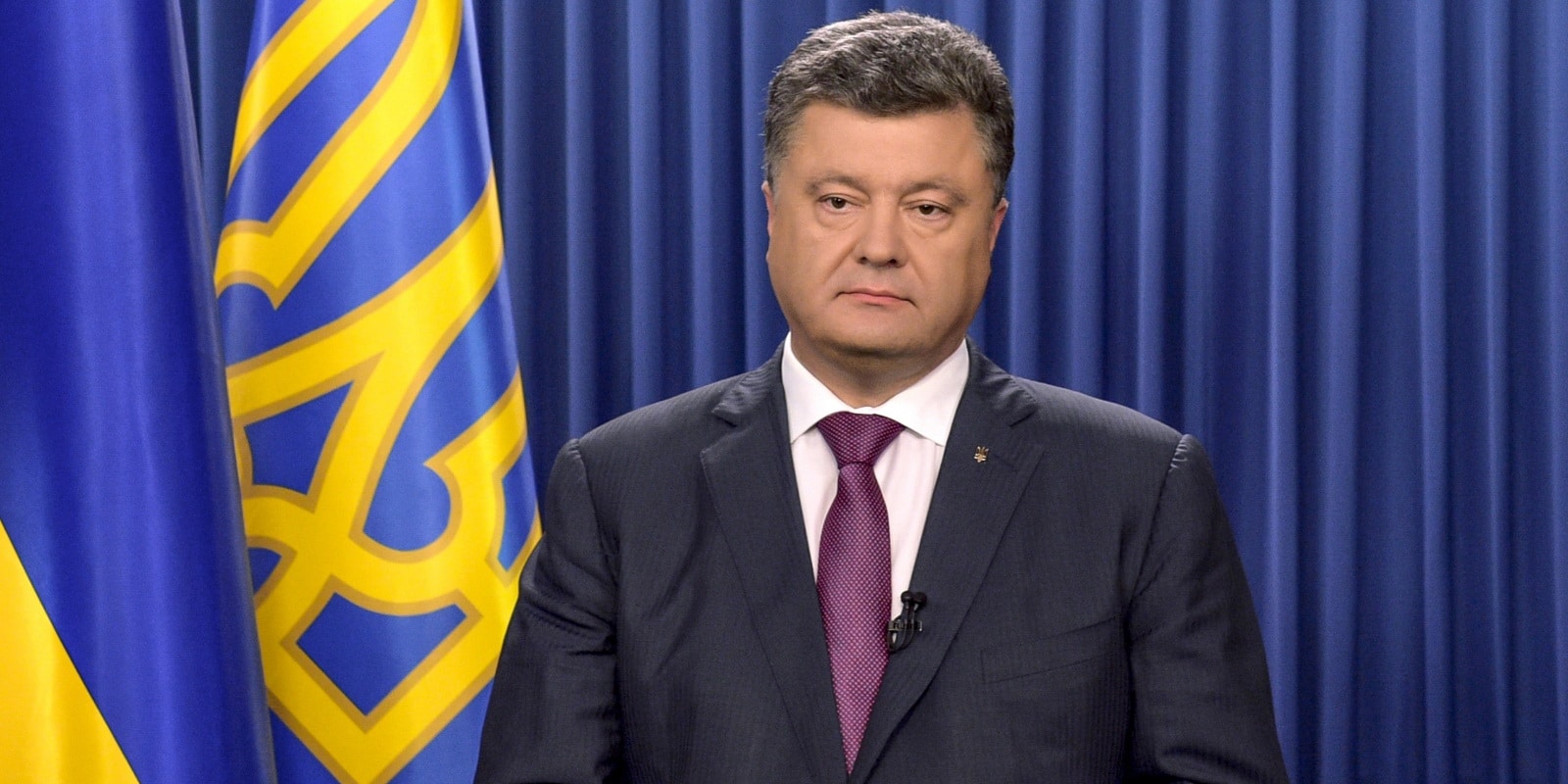Vincent D’Onofrio was born on 30th June 1959, in Brooklyn, New York City USA, of part-Italian ancestry, and is an actor and film producer. He became known through his roles in the films “Full Metal Jacket” and “Men in Black”, and then for starring in the television series’ “Law & Order: Criminal Intent” and “Daredevil”. D’Onofrio has been active in the entertainment industry since 1983.
How much is the net worth of Vincent D’Onofrio? It has been estimated by authoritative sources that the overall size of his wealth is as much as $40 million, as of the data presented at the beginning of 2018. Film and television are the major sources of D’Onofrio’s fortune.
Vincent D’Onofrio Net Worth $40 million
To begin with, D’Onofrio grew up in Hawaii, Colorado and Miami as his father moved with the US Air Force. In Florida he played in theatre under the direction of his father, then in the early 1970s he moved back to New York, where he debuted on Broadway in a theatre evening with two pieces under the title “Open Admissions”, and then joined the American Stanislavsky Theatre. There he appeared in the plays “The Mice and Humans”, “The Petrified Forest”, “The Indian Wants The Bronx” and “Sexual Perversions in Chicago”, steadily establishing his net worth.
Concerning his roles landed on television and the big screen, he starred in episodes of the television series’ “The Equalizer” and “Miami Vice” in 1987, but really gained popularity that year through his portrayal of the soldier Leonard Lawrence in Stanley Kubrick’s film “Full Metal Jacket” – for this role, he put on over 30 pounds of weight, surpassing Robert De Niro 27.3 kilograms, and was nominated for the New York Film Critics Circle Award as the Best Supporting Actor. D’Onofrio also received accolades for his roles as Joseph Santangelo in the film “Household Saints” (1993) (nominated for the Independent Spirit Award as the Best Male Lead), Robert E. Howard in “The Whole Wide World” (1996) (won Golden Space Needle, Lone Star Film & Television and National Society of Film Critics Awards as the Best Actor) and Edgar in “Men in Black” (1997) (won Saturn Award as the Best Supporting Actor), no doubt potentially adding to his net worth.
In addition, he was nominated for the Blockbuster Entertainment Award as the Best Supporting Actor in the film “The Cell” (2000), then for the crime thriller “The Salton Sea” (2002) D’Onofrio repeated his weight increase, this time of 20 kilograms. Because of this acting commitment and his other acting versatility, D’Onofrio acquired the nickname Human Chameleon in film circles.
Twice D’Onofrio portrayed the filmmaker Orson Welles in the short film “Five Minutes, Mr. Welles” (2005), and previously in “Ed Wood” (1994).
In addition to numerous film roles in which he often embodied psychopathic or malignant characters, D’Onofrio also appeared in the role of a proud father in the film “The Narrows”, for which role the actor won the Special Grand Jury Prize for Acting at Nashville Film Festival. From 2001 to 2010, D’Onofrio interpreted the role of the idiosyncratic detective Robert Goren in crime series “Law & Order: Criminal Intent”, adding considerably to his reputation as well as net worth.
In 2012, Vincent was honoured at the Sitges Film Festival as the Best Actor for his role of Bob in the film “Chained”. In 2015, he was seen in “Jurassic World”, and also took over the role of Wilson Fisk / Kingpin in the Netflix series “Daredevil”.
Recently, the actor has starred in a number of films, including “Rings”, “CHiPs” (2017) and “El Camino Christmas” (2017). More, Vincent is the main in the paranormal TV action series “Ghost Wars” (2017 – present), and the film “Death Wish” is scheduled to be released in March 2018, in which the actor stars opposite Bruce Willis.
Finally, in the personal life of the actor, he was married to the actress Greta Scacchi from 1991 to 1993, with whom he has a daughter. Since 1997 he has been married to Carin van der Donk, and although the couple parted their ways temporarily in 2003, have been back together since 2005. They have two sons, and continue to live in New York City.


